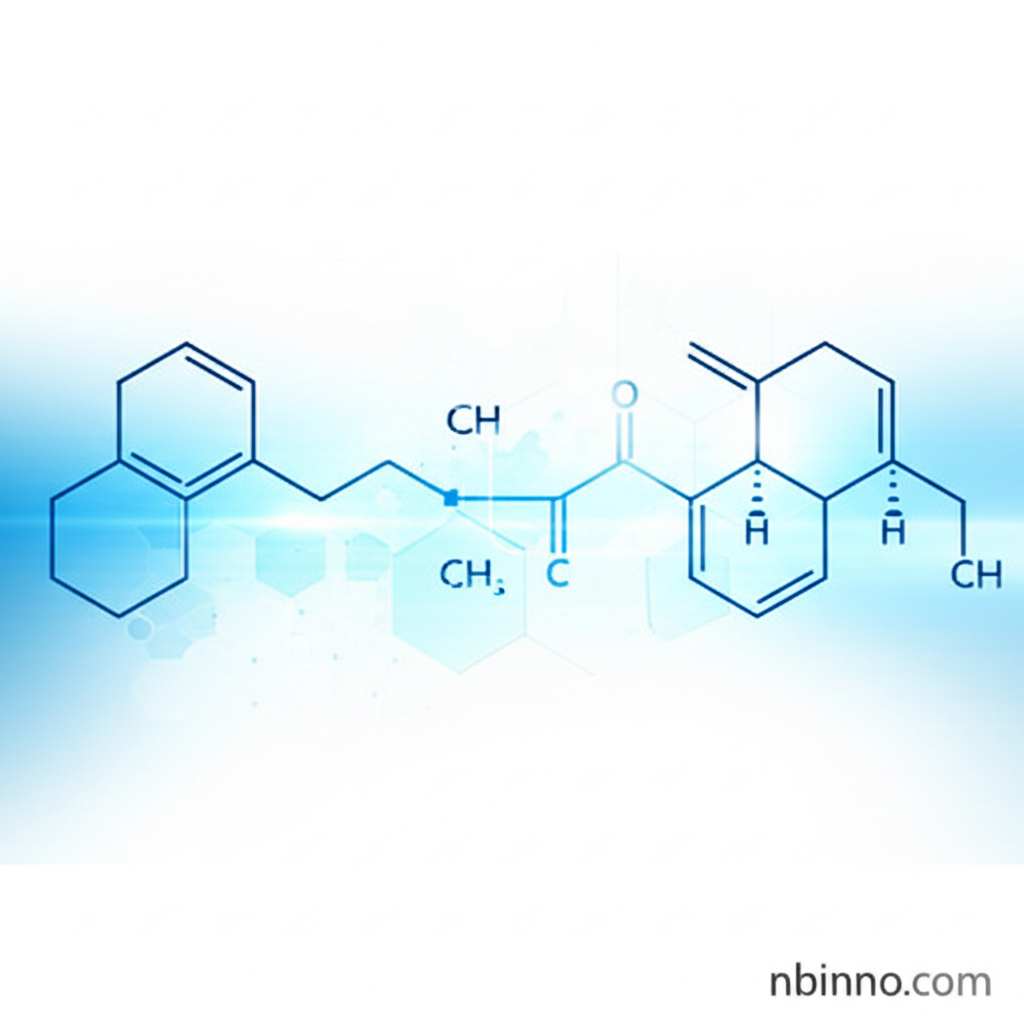Nickel-Catalyzed Alkyl-Arylation of 3,3,3-Trifluoropropene
A novel catalytic approach for efficient synthesis of valuable trifluoromethylated compounds from an industrial chemical.
Get a Quote & SampleProduct Core Value

3,3,3-Trifluoropropene
This article introduces a groundbreaking nickel-catalyzed dicarbofunctionalization of 3,3,3-trifluoropropene (TFP), a readily available industrial chemical. This method offers an efficient pathway for the synthesis of complex trifluoromethylated compounds, crucial for applications in medicinal chemistry and materials science.
- Leveraging nickel catalysis, this process enables the alkyl-arylation of 3,3,3-trifluoropropene, overcoming previous challenges like beta-H and beta-F eliminations.
- The reaction exhibits excellent functional group tolerance, making it suitable for incorporating diverse structural motifs, including those found in pharmaceutical research.
- By forging two new C-C bonds in a single step, this method provides a facile route for the rapid synthesis of valuable trifluoromethylated structures.
- The ability to suppress side reactions and achieve high yields positions this as a key advancement for utilizing industrial fluoroolefins in advanced organic synthesis.
Key Advantages
Synthetic Efficiency
Achieve complex trifluoromethylated compounds through a streamlined nickel-catalyzed alkyl-arylation, enhancing the overall synthesis of trifluoromethylated compounds.
Overcoming Challenges
Effectively suppresses beta-H and beta-F eliminations, common issues in TFP transformations, leading to cleaner reaction profiles.
Broad Applicability
Demonstrates good tolerance for various functional groups and pharmaceutical precursors, highlighting its versatility in diverse chemical syntheses.
Key Applications
Medicinal Chemistry
Facilitates the synthesis of novel trifluoromethylated compounds with potential bioactivity, supporting drug discovery efforts using trifluoromethylation strategies.
Materials Science
Provides access to unique fluorinated building blocks for the development of advanced materials, leveraging the unique properties of the CF3 group.
Agrochemicals
Supports the development of new agrochemical compounds by offering efficient routes to incorporate trifluoromethyl moieties, contributing to pesticide development.
Fine Chemicals Synthesis
Offers a versatile platform for creating a range of fine chemicals through regioselective coupling reactions, valuable for various industrial applications.
